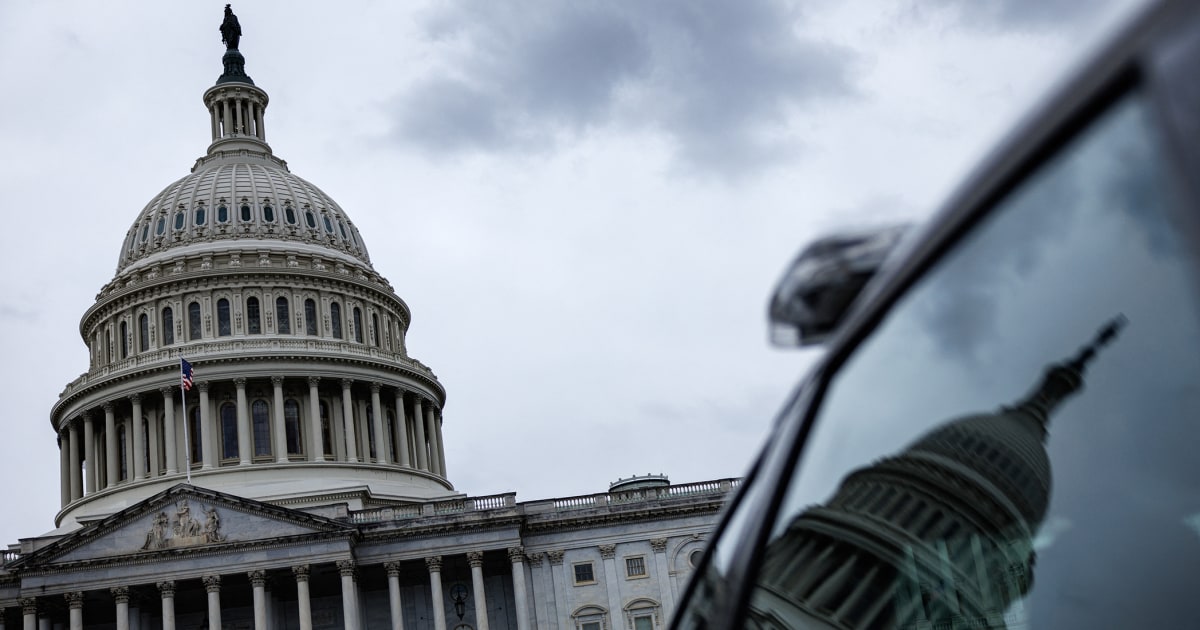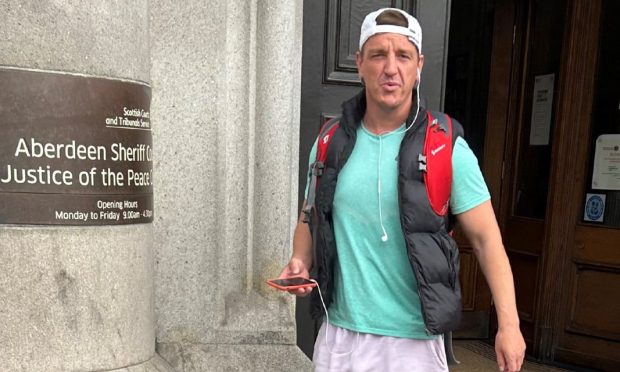
Some members of the Colorado Supreme Court on Wednesday signaled their agreement with the notion that a defendant need not admit to committing an underlying offense in order to assert a defense to the more serious crime of felony murder. Felony murder is a unique offense, in which a defendant is guilty if he participates in certain serious crimes, such as robbery or sexual assault , and someone dies as a result. There is also an affirmative defense to felony murder — meaning a set of factors the prosecution has to disprove beyond a reasonable doubt, in addition to proving the criminal charges themselves.
The case of Kenneth Alfonso Gallegos presented the question of whether a defendant needs to admit, to some degree, his involvement in the underlying crime before jurors can consider his affirmative offense. The state's Court of Appeals believed the answer was no, prompting the government to appeal. "He has to be a participant in order for this to apply.

That’s the starting point," Assistant Attorney General Brenna Brackett said during oral arguments. Although several points of confusion arose during questioning, Brackett acknowledged defendants are allowed to assert inconsistent defenses, so long as they do not contradict a testifying defendant's statements. In response, Justice Brian D.
Boatright raised a hypothetical example, in which multiple suspects wearing ski masks commit an offense, such that the identity of a shooter is in question at trial. "I can see both scenarios playing out. 'They didn’t prove my guy was there' and, 'If he (was), you saw the guy in the blue ski mask act in self-defense,'" Boatright said.
"If there’s a legitimate question of identity, why can’t you have both defenses?" "Of course you can," replied defense attorney Michael P. Zwiebel, "and that’s exactly my argument." The Ralph L.
Carr Colorado Judicial Center in downtown Denver houses the Colorado Supreme Court and Court of Appeals. Lloyd Chavez IV, a student at Cherokee Trail High School, died in May 2019 after four teenagers attempted to rob him during a meetup to purchase vaping supplies. Demarea Mitchell was the one who fatally shot Chavez, but jurors also convicted Gallegos of felony murder.
Gallegos insisted he did not plan to rob Chavez, nor was he aware the other members of the group had a gun. To that end, he asked Arapahoe County District Court Judge Ben L. Leutwyler to instruct jurors about Gallegos' affirmative defense to felony murder.
An affirmative defense — which would result in an acquittal if the prosecution is unable to disprove any part of it — must be given when there is "some credible evidence" supporting it. Leutwyler rejected the request because Gallegos "is not acknowledging in any way, through any evidence that has been presented, his involvement in any part of the crime.” Jurors found Gallegos guilty of attempted aggravated robbery, felony murder and other offenses.
Last year, a three-judge panel of the Court of Appeals declined to require a person to admit to the underlying criminal conduct to be eligible for an affirmative defense, given the unusual dual-crime structure of felony murder. Moreover, the panel agreed there was some evidence suggesting Gallegos was unaware of any plan to kill Chavez, notably the statements of other participants in the robbery attempt. "Gallegos would face a wrongful conviction for first degree murder if denied the right to present a potentially meritorious affirmative defense," wrote Judge Lino S.
Lipinsky de Orlov. The government appealed to the Supreme Court, insisting that a defendant's complete denial of participation in an underlying offense necessarily bars a felony murder defense — one component of which is that the defendant "was not the only participant in the underlying crime." "We’re not suggesting they have to plead guilty or in any way relieve the prosecution of its burden," said Brackett.
But "it starts from, 'You are a participant.'" "Why do you need that?" wondered Justice Richard L. Gabriel.
"Assuming the prosecutor did their job and they put on evidence the defendant was there, why can't the defendant say, 'I wasn't there. But if you don’t believe that and I was there, I'm entitled to the affirmative defense'?" Colorado Supreme Court Justices Carlos A. Samour Jr.
and Richard L. Gabriel listen to Assistant Deputy Jefferson County Attorney Rebecca P. Klymkowsky during oral arguments in the County of Jefferson v.
Beverly Stickle case during Courts in the Community on Thursday, Oct. 26, 2023, at Gateway High School in Aurora, Colo. (Timothy Hurst/Denver Gazette) Gallegos' attorney clarified that it was undisputed Gallegos was present for the attempted robbery, but there was evidence supporting a key piece of the felony murder defense: He had no reasonable belief someone had brought a gun.
"You can believe that the defendant was present at the offense, that he said, 'I wasn’t participating in the offense but was there.' But 'even if you find I participated, I didn’t know about the gun'," said Zwiebel. Some justices suggested that labeling the felony murder defense an "affirmative defense" — akin to self-defense, which provides a justification for a person's criminal conduct — was part of the problem.
"Is it possible this is misnamed an 'affirmative defense' and it’s just a 'defense'?" asked Boatright. "It’s really kind of its own animal," added Gabriel. The case is People v.
Gallegos..














